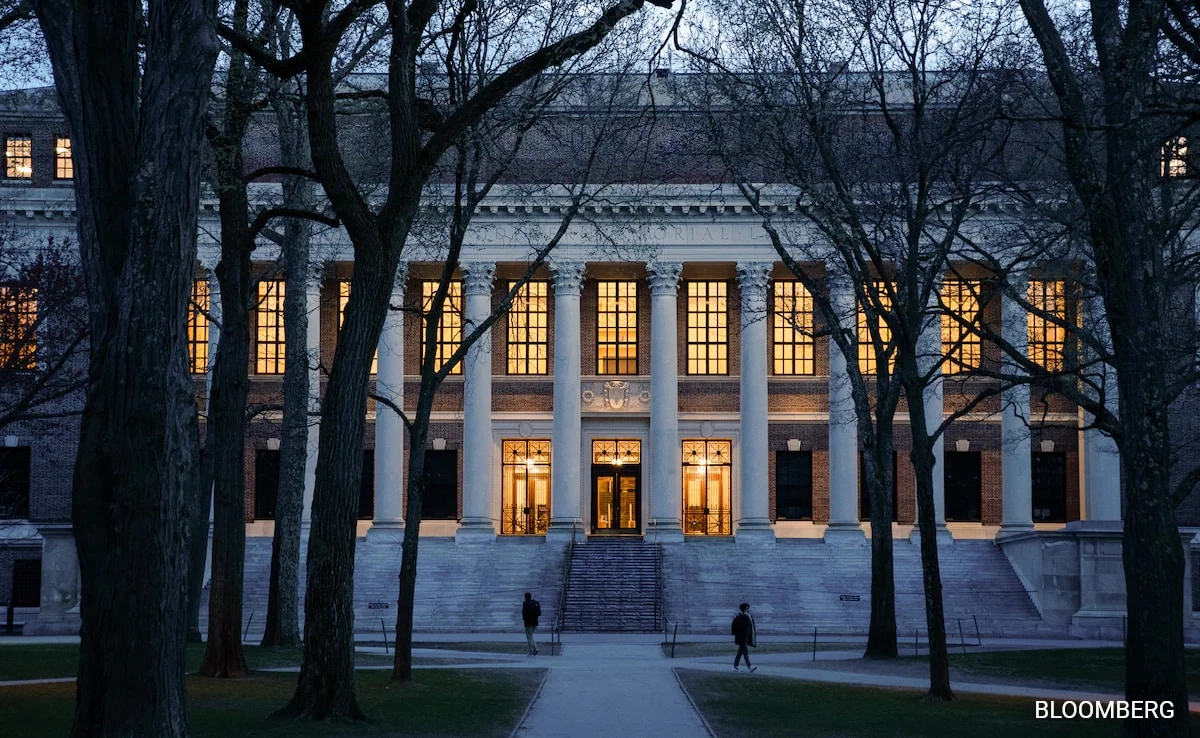The ongoing legal battle between former President Donald Trump and Harvard University has intensified, signaling a significant escalation in the tensions surrounding educational institutions and their admissions policies. Trump’s lawsuit against Harvard alleges serious violations of civil rights and anti-discrimination laws, claiming that the university’s admissions process is biased against Asian American applicants. This controversy highlights broader issues related to affirmative action and the criteria universities use to evaluate candidates, raising questions about fairness and equality in higher education.
In his legal filings, Trump asserts that Harvard’s practices result in a discriminatory environment that undermines the merit-based admission of students. He argues that the university’s reliance on subjective criteria, such as personal essays and interviews, disproportionately disadvantages Asian American applicants, who often excel in standardized testing metrics. The lawsuit seeks to hold Harvard accountable for what Trump characterizes as an unlawful discriminatory practice that not only affects individual applicants but also has broader implications for the integrity of the academic admissions process.
This legal dispute is not just limited to Trump and Harvard; it reflects a growing national debate over the role of race and ethnicity in college admissions. As various states and institutions grapple with the implications of affirmative action policies, the outcomes of cases like this could set significant precedents. Critics of affirmative action argue that it perpetuates inequality by favoring certain groups over others, while supporters contend that such measures are necessary to address historical injustices and promote diversity within academic settings. As the case unfolds, it is likely to attract significant media attention and public interest, making it a pivotal moment in the ongoing discourse surrounding educational equity and admissions practices across the United States.
The ramifications of this lawsuit extend beyond Harvard, potentially influencing other universities and their admissions strategies. As the legal landscape regarding affirmative action evolves, institutions may be compelled to reassess their policies to ensure compliance with federal regulations while also striving to maintain a diverse student body. This balance poses a challenge for many colleges and universities that seek to uphold their commitment to inclusivity while navigating the complexities of legal scrutiny. As Trump’s legal team prepares to present their case, the implications for higher education and civil rights will likely resonate for years to come, making this a crucial moment in the intersection of politics, law, and education.




